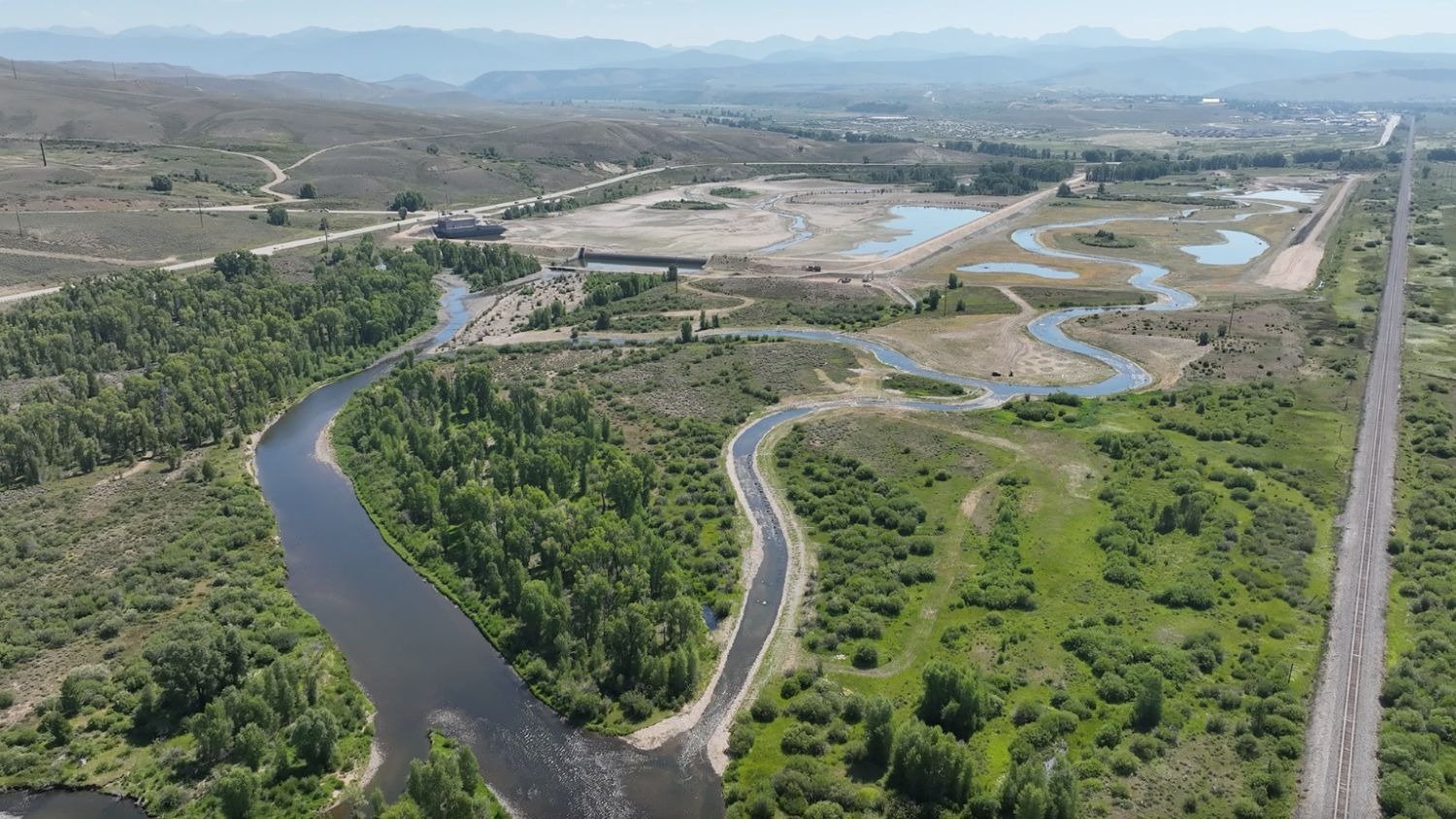Richard Van Gytenbeek, Colorado River Basin Outreach Coordinator
My interest in trout streams started early, armed with a used Sila-Flex fly rod, Pflueger reel and a worm I fished the Tarryall Creek with my father. Twenty years later those experiences would translate into a Fisheries degree and a job working for Colorado DOW in Montrose. My boss, Barry Nehring, helped to change my raw enthusiasm for the sport into a real understanding of the resource and how to protect it. I took those lessons, added a Masters in Landscape Architecture and worked on land and resource planning in northwest Wyoming for another 25 years. Three years ago I returned home and after 18 months as TU’s Colorado River Basin Outreach Coordinator, a lot of hours of windshield time and meeting time the experience has been, well, “living the dream.” Moving back to Colorado, living on the West Slope and getting to tell people about this amazing organization and our mission to keep the life blood of the West flowing and healthy is a privilege. As the outreach person here on the West Slope of Colorado, my job is to inform people about the importance of healthy rivers and streams and how TU is working to improve and protect our western Colorado waterways. To deliver that message, the Our Colorado River (OCR) program was created. The OCR program has two goals: first, to highlight the ongoing restoration efforts of our Western Water Project staff and their collaborative work with their local basins and agricultural communities. That work is spearheaded by Brian Hodge in the Yampa/White; Rob Firth in the Upper Colorado; Jesse Kruthaupt and Carey Denison in the Gunnison; Matt Clark in the Dolores/Mancos; Mely Whiting in the San Juan/Animas; and Kevin Terry in the Rio Grande basin. Upgrading irrigation infrastructure, improving habitat and promoting smart water use all help our farmers and ranchers and improve flow and temperature regimes. In the last few years, this staff has hit the ground running in getting restoration projects completed. I’m helping to get the word out about that good work and the benefits for landowners and habitat.
My second goal is to enlist support for the OCR program’s core values, which we established to encourage cooperation and common ground among diverse water users. These five values—which we believe most West Slope water users can embrace--speak to cooperation with the resource, protecting agriculture, protecting open space and wildlife habitat, improving aging irrigation infrastructure, and promoting innovative water management. When I make presentations to organizations, businesses and elected officials, I ask for their support by becoming a signatory to the core values. So far, I’ve gotten a positive response from most water stakeholders—they “get it” that we have to keep our rivers healthy. Later in 2014, the core values and the list of supporters will be presented to the Colorado Water Conservation Board with a clear message that, while western Colorado citizens may not agree on all water use issues, there is strong grassroots consensus on these five values, which should be reflected in Colorado’s Water Plan.
Richard Van Gytenbeek - r.vangytenbeek@tu.org or 307-690-1267







